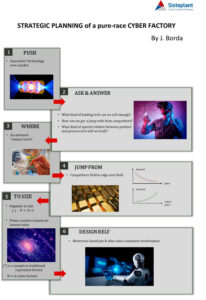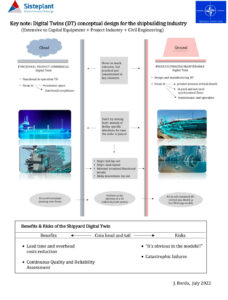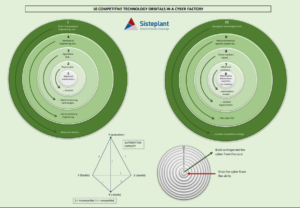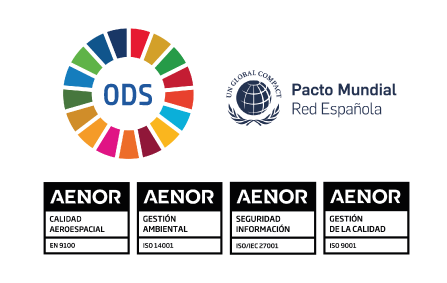A vintage model of robust-durable comprehensible products
Time’s come for change. It had come yet, CV-19 is not even a pretext. Three arrows for the NBM (New business models):
- Pure technology strategy
- The commercial arrow strategy
- The holistic asimmetric manufacturing strategy
And the push-pull prelations among them:

- The Technology strategy arrow for vintage Manufacturing
Key: THCT: Transverse hierarchical connected technology, with two well defined parts. The operation of the Part 1 heavily conditions the nature and limits of the Part 2.

The new Vintage Design must be based on details, and (*)a detail is a relevant or irrelevant valuable part of the product that:
- Delights, surprises, or means implicit reliability
- Is not trivially manufacturable, nor do it automatic
- Needs an appreciable “human-touch”
- Is prone to find out some ingenious tricks to support human tasks and limit cost
- Comercial: Saling THCT
- The law is: “Sale THCT as the product core and the product sense”, so
- “Sale ANY PRODUCT as a little piece of art”.
- “Broad and create “elites” instead of narrow-limiting them”
- Teach product technology as a part of it to be proud, both you and the customer
- Then, empower technology assesment, tunning and self repairing by customers
- Tech and fine details (*) driven Marketing
- The vintage manufacturing strategy:
- Make it broadly compatible with an humanized cyber-factory
- Converge cyber with artisanal: leave any detail (*) to humans, even if it could be automated: BASIC VINTAGE MANUFACTURING LAW
- Automate reliable-precise-agile-as full as it is compatible with this LAW
- Asimmetrical process intelligence: Apply ICT-AI to the rutinary most repetitive processes. This is the domain where:
- AI application is easier to craft and make it comprehensive
- AI is more reliable
- AI has more sense cutting out silly failures that could ruin the concepts built on an excellent product
- AI so removes low added value time from qualified people
Finally: Don’t wait to do that, though clear opportunities arise with new product developments, otherwise create them by re-engineering critical existing ones.






